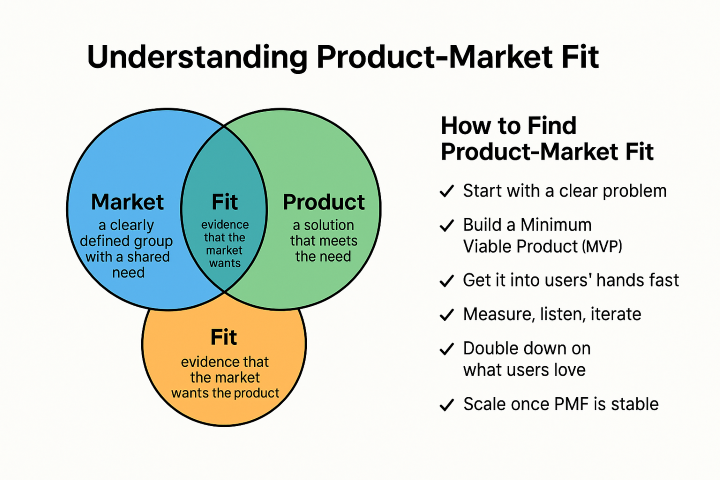Employee Stock Ownership Plans (ESOPs) are a powerful tool for companies, serving multiple strategic purposes that extend beyond traditional financial or HR considerations. By offering employees ownership stakes in the company, ESOPs align the interests of employees and shareholders, fostering a culture of ownership and engagement. This article aims to demystify ESOPs and highlight their importance from a company perspective, particularly for those without a background in finance or HR.
What is an ESOP?
An ESOP is a type of employee benefit plan that gives workers ownership interest in the company. Through ESOPs, employees receive stock options or shares, making them partial owners of the company. This model is not just a benefit for employees but a strategic tool for companies.
Alignment of Interests
One of the primary benefits of an ESOP is the alignment of interests between the company’s employees and its shareholders. When employees are also shareholders, they are more likely to act in the best interests of the company. This alignment can lead to increased productivity, innovation, and loyalty, as employees work towards the company’s success, knowing that they will directly benefit from it.
Enhanced Employee Retention and Attraction
In today’s competitive job market, attracting and retaining top talent is a significant challenge for many companies. ESOPs can serve as a compelling benefit to potential and current employees. The promise of stock ownership can be a powerful incentive for employees to join a company and stay longer, reducing turnover rates and the costs associated with hiring and training new staff.
Corporate Culture and Productivity
Ownership can profoundly impact corporate culture, fostering a sense of responsibility, pride, and camaraderie among employees. This sense of ownership can motivate employees to go above and beyond, driving productivity and innovation. A culture where employees feel invested in the company’s success can also enhance collaboration and reduce workplace conflicts.
Financial Flexibility and Succession Planning
For private companies, ESOPs can provide a mechanism for financial flexibility and succession planning. They offer a market for the shares of departing owners, facilitating smooth transitions and ensuring the company’s longevity. Additionally, ESOPs can provide companies with tax benefits, which can be reinvested back into the business, further fuelling growth and innovation.
Challenges and Considerations
While ESOPs offer numerous benefits, they are not without their challenges. Implementing an ESOP requires careful planning, legal compliance, and transparent communication with employees. Companies must ensure that employees understand how the ESOP works and its potential impact on their financial future.
ESOPs represent a strategic tool for companies, offering benefits that extend beyond mere financial incentives. They align employees’ interests with those of the company, enhance retention and attraction, foster a productive corporate culture, and provide a tool for succession planning. By understanding and leveraging the power of ESOPs, companies can build a more engaged, motivated, and loyal workforce, driving success and innovation.





